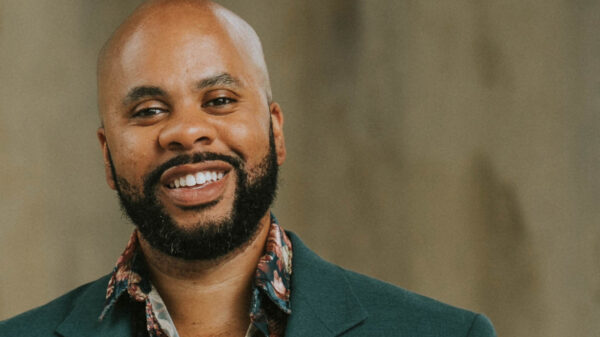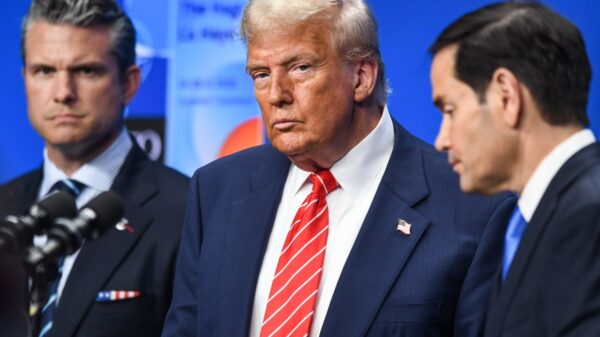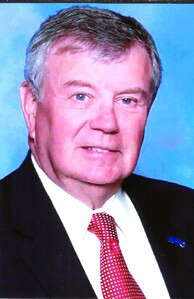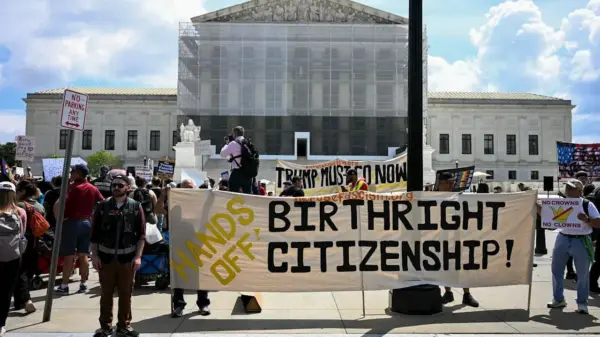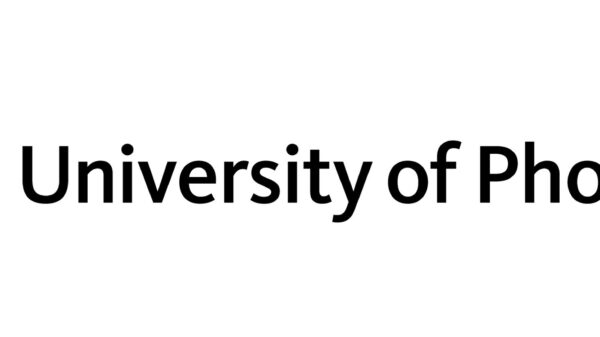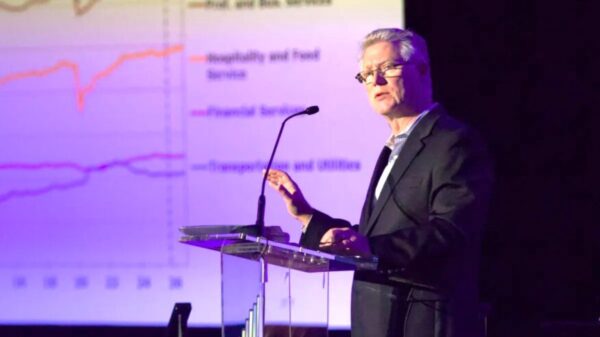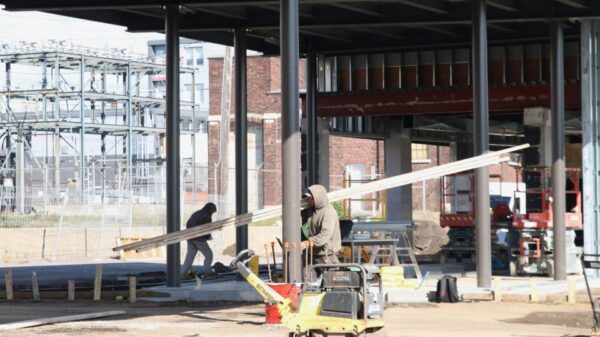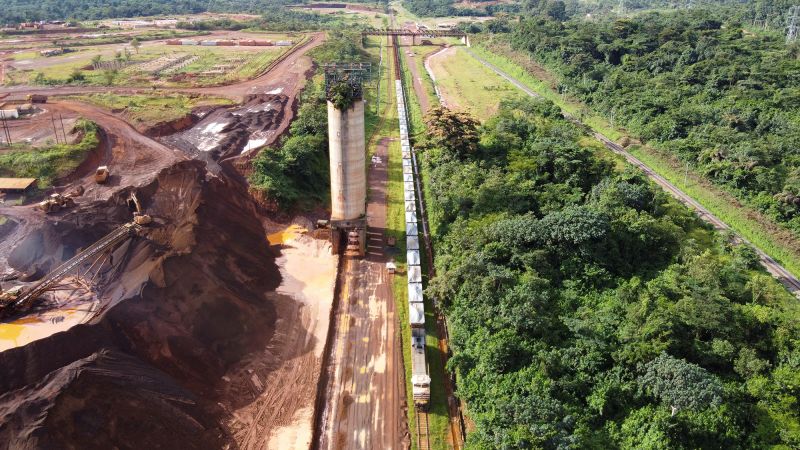The White House is hosting an “African leaders” summit this week, but the guest list is notably exclusive. Only five countries from the continent’s more than 50 nations are invited. US President Donald Trump will convene a working lunch in Washington, DC, on Wednesday with the presidents of Mauritania, Guinea-Bissau, Liberia, Senegal, and Gabon to discuss “commercial opportunities,” according to a White House official.
“This discussion and lunch dialog with African heads of state was arranged because President Trump believes that African countries offer incredible commercial opportunities which benefit both the American people and our African partners,” the official told CNN. The meeting is set for noon in the State Dining Room of the White House.
However, the absence of Africa’s largest economies—South Africa, Nigeria, Egypt, and Ethiopia—raises questions. These nations are part of BRICS, a group of emerging economies that includes Brazil, India, and America’s geopolitical rivals, Russia and China. The exclusion of these countries aligns with Trump’s stance against nations supporting “anti-American” policies, which could face new tariffs.
Strategic Choices Amid Global Rivalries
The summit’s limited scope has left analysts puzzled. Christopher Afoke Isike, a professor of African politics and international relations at the University of Pretoria, describes Trump’s chosen guests as “low-hanging fruit” in his strategy to counter Chinese and Russian influence in Africa.
“On one hand, Trump is desperate for some deal to show to his base that he is getting results for America. But some of these also align with his focus on countering Chinese influence in Africa and malign Russian activity which undermines US interests on the continent,” Isike explained.
China remains Africa’s largest bilateral trading partner, while Russia has expanded its influence, particularly as a supplier of military hardware. This summit marks a departure from the broader gatherings hosted by Trump’s predecessors, Barack Obama and Joe Biden, who invited a wider array of African leaders.
Historical Context and Policy Shifts
During his first term, Trump hosted a similar “working lunch” in 2017 with nine African heads of state, including leaders from Nigeria, Ethiopia, and South Africa. He described Africa as having “tremendous business potential.” Now, in his second term, Trump is focusing on Africa’s mineral wealth, particularly as the US seeks to challenge China’s access to critical minerals.
In a recent development, a peace deal brokered by Trump between Rwanda and the Democratic Republic of Congo, which holds significant mineral deposits, was signed. Although the agreement does not explicitly grant the US mineral rights, it aims to expand trade and investment in regional critical mineral supply chains.
US Secretary of State Marco Rubio recently announced the end of the US Agency for International Development (USAID), emphasizing that future aid and investment must align with an “America First” foreign policy. This reflects a broader shift from traditional aid to strategic, commerce-driven engagement.
Implications for the Invited Nations
Despite their smaller economies, the invited nations—Gabon, Guinea-Bissau, Mauritania, Senegal, and Liberia—are rich in resources like oil, gas, gold, and rare earth elements. These countries also serve as departure points for migrants to the US.
Ousmane Sene, head of the West African Research Center, suggests that the summit’s discussions will extend beyond commerce to address migration trends and security, given these countries’ Atlantic Ocean access.
“There may be other stakes: migratory trends from West Africa to Nicaragua and then the US,” Sene noted.
According to a New York Times report, the number of African migrants at the US southern border increased from over 13,000 in 2022 to 58,462 in 2023, with nationals from Mauritania and Senegal leading the list.
Future Prospects and Strategic Partnerships
For the leaders of the invited nations, the summit presents an opportunity to negotiate new forms of cooperation. Dakar-based journalist Mamadou Thior emphasizes the need for these leaders to be strategic in their discussions with Trump, especially given the cessation of USAID.
“Trump is a businessman. So only the interests of America interest him,” Thior remarked.
The summit could inaugurate a new US diplomatic model focused on economic reform and trade outcomes. The invited nations may leverage this opportunity for private sector partnerships, investment, and security cooperation with the US.
These countries are not new to high-stakes diplomacy. They have been courted by China, which has increased trade and funded infrastructure projects in Gabon and Senegal. The summit’s outcomes could signal a shift in US-Africa relations, emphasizing strategic commerce over traditional aid.
As Trump aims to reset US influence in Africa, the stakes are high. This approach aligns with America’s goal to foster economically self-reliant African partners while countering China’s growing presence. The implications of this summit could reshape the continent’s diplomatic landscape, with a focus on strategic investment and self-reliance.


